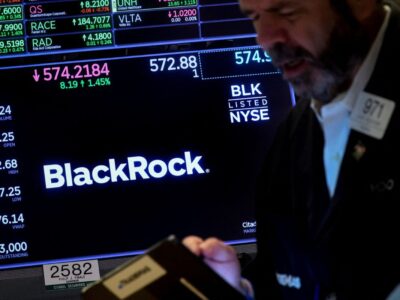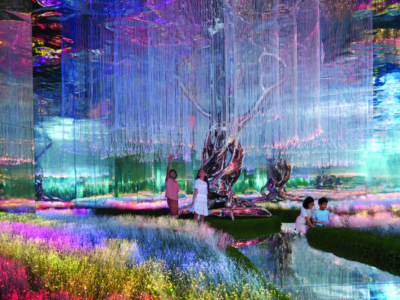Abu Dhabi fisheries company Asmak is considering tuna-ranching in waters off the Seychelles archipelago, the head of the Seychelles Fishing Authority said on Thursday.
The company has signed a six-month memorandum of understanding, under which it will also look into developing the Seychelles capital Victoria into a major fisheries hub to rival leading Asian tuna centres.
Neither Asmak nor the SFA have disclosed how much the company is looking to invest. But Mohamed Salim Makwana, Assistant General Manager of subsidiary Asmak International Fish Farming Holding Co confirmed that a memorandum of understanding had been signed covering investment in the Seychelles fisheries sector.
As the financial crisis highlights the risks of an economy heavily dependent on tourism, the Seychelles wants to diversify its indebted economy and develop its fisheries industry.
“The idea is to turn Victoria into a tuna trading hub to rival the likes of Bangkok,” said Rondolph Payet, Chief Executive Officer of the Seychelles Fishing Authority (SFA).
“The tuna ranch will involve off-shore cages where the tuna will be fattened up before export to Asia and Europe,” he said.
Some 50 foreign tuna vessels offload their lucrative hauls in Victoria. The port handles up to 350,000 tonnes of tuna a year, but two-thirds of this is transported immediately to overseas markets.
While demand for the Japanese delicacy sushi can push the price of tuna to over $100,000 per fish, fisheries account for just 3 percent of Seychelles $900 million economy.
“We need to add value to the tuna that is unloaded here in Seychelles, whether it is stored here for longer or traded here,” Payet told Reuters by telephone.
Conservationists fear such intensive fish farming projects could jeopardise the Seychelles’ pristine marine environment which draws some 150,000 visitors to the archipelago every year.
The greatest risk would come from introducing new species at a later date, Nirmal Shah, head of conservation group Nature Seychelles, told Reuters.
“The danger is that you bring in new diseases. And if fish escape, they become an invasive species,” he said. “Yes, we need investment and improved food security, but this must not jeopardise the environment.”
The SFA says the cages would be far from the coral reefs that fringe the archipelago, in water at least 100 metres deep. (Reuters)







